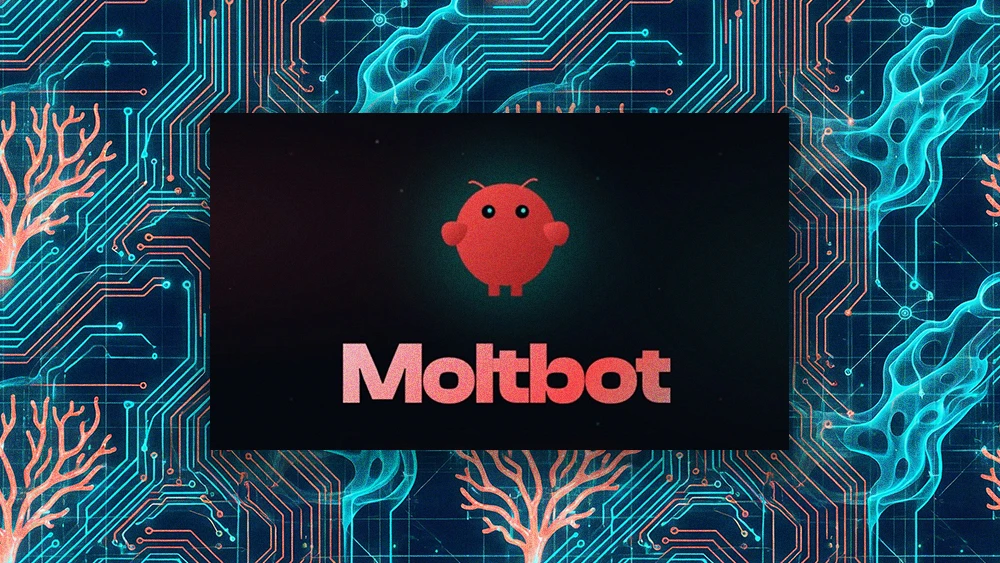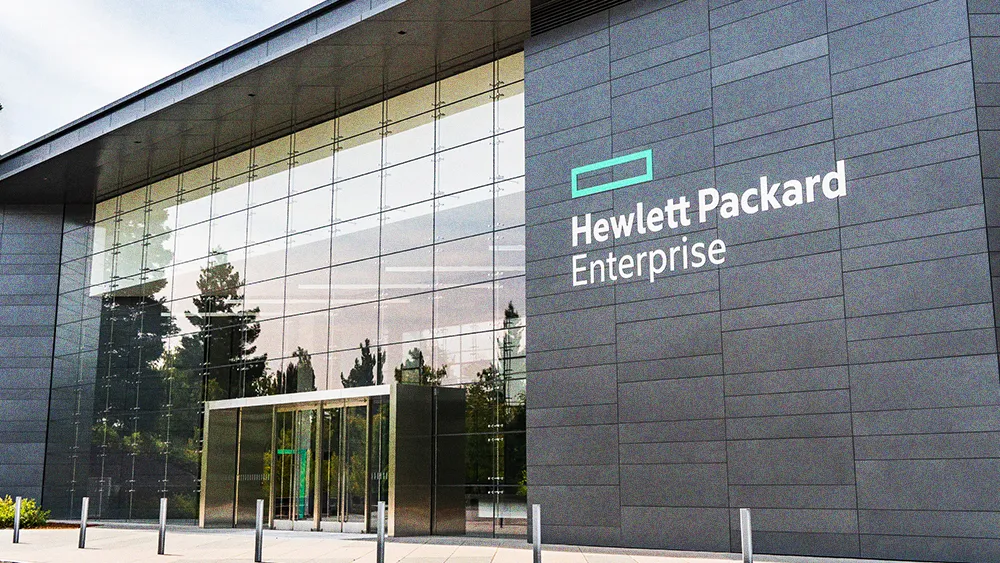
Key Points
- AI ROI is driving a strategic shift from pure technology experimentation to a business-first focus on delivering tangible value: productivity gains, cost-to-serve reduction, and measurable impact at scale.
- Hernan De la Torre, a Principal at KPMG US, explained why elevating AI governance to a board-level imperative builds the trust required for successful adoption.
- Long-term success also depends on creating a culture where the entire workforce understands both the potential and responsible uses of AI.
- Embedding AI directly into enterprise platforms is becoming the fastest route to measurable ROI, connecting governance, data integrity, and intelligence to real business execution.
- The next frontier lies in moving from technology-agnostic exploration to technology-inclusive strategies, leveraging partnerships and platforms to accelerate both precision and trust at scale.
The recent KPMG AI Pulse survey found that businesses are already seeing agent deployments deliver measurable ROI, and leaders are rethinking how they define success. In fact, 57% anticipate measurable returns in the next 12 months.
Meanwhile, that momentum is unfolding against a complex and fragmented regulatory backdrop, from the EU AI Act to China's administrative measures and the high-level directives of America's AI Action Plan. Now, more than ever, enterprise AI's survival depends on a disciplined, business-led strategy that builds in governance from the start.
Hernan De la Torre, a Principal at KPMG US, has spent over two decades guiding global transformations at the intersection of supply chain, technology, and AI. With experience leading complex projects across 30 countries in the Consumer, Retail, and Manufacturing sectors, De la Torre has had a front-row seat to the collision between AI ambition and operational reality.
"AI projects confined to IT are like working out without a coach: you learn the moves, but you won't hit your higher goals. True business value comes only when projects have clear sponsorship paired with defined outcomes and timelines." Put simply, enterprise leaders must understand why they are investing in AI before deciding how to deploy it, he explained.
Anchored in value: For AI to deliver on its promise, leaders must resist the allure of treating it as a "fun" tech project and instead anchor it in a comprehensive philosophy of business value, governance, and trust. "It must be governed and reliable: humans in the loop, outputs verified, use cases proven, and tangible value delivered," De la Torre said.
Balancing act: This requires discipline navigating the tension between explainability and precision, a tradeoff that increasingly defines boardroom conversations. "As models become more complex, leaders must balance interpretability with performance," he added. "Transparency builds trust, but accountability ensures scale."
As organizations navigate the "patchwork trap" of fragmented regulation, this shift is especially important. While the impulse to innovate often clashes with the need for compliance, the guardrails perceived as barriers are the very mechanisms that build the trust necessary for adoption, he explained.

According to De la Torre, the solution is to elevate governance from a siloed technical task to a strategic, board-level imperative. This board should include all stakeholders, enabling teams to make more meaningful, holistic decisions about technology and compliance.
Moving the needle: "In Consumer and Retail, these principles are already translating into measurable real-world value, faster demand sensing, smarter inventory allocation, stronger ESG reporting, and more resilient supply chains," De la Torre added. Recent KPMG insights on trust in AI reinforce that transparency and governance are the foundation for sustainable enterprise adoption.
But an AI program must also connect with the workforce, he cautioned. Otherwise, many organizations may soon tell the story of how they "tried AI for a few months, lost money, and abandoned it." Enterprises that invest in a dual strategy of building resilient systems and fostering a culture of responsibility have the best chance of driving meaningful ROI.
Strategic integration over individual projects: Pilot applications and hackathons are great for testing capabilities in controlled environments, De la Torre said. But these initiatives should stay in a sandbox to help build a proper, production-ready solution. "Alone, these projects risk becoming isolated experiments. But integrated into a larger strategy, they become the foundation for scalable, impactful AI deployment."
Workforce readiness: Equally critical is developing broad organizational fluency. Employees from the board down to individual contributors need education, he explained. "Invest in your people so they know the risks and how to act responsibly. That way, when a formal AI program arrives in their department, people are ready and don't get caught with zero understanding."
Ultimately, De la Torre described this phase of open experimentation as fragile but necessary. For him, it serves as a proving ground for leaders willing to take calculated risks and learn fast. "It only takes one bad incident, a data breach or an AI decision that harms someone, for the pendulum to swing toward heavy regulation,” he cautioned. "So, invest early in safeguards and governance. Make sure your company isn't the one that crosses the line. The age of isolated technology-agnostic exploration is giving way to technology-inclusive orchestration, where platforms, governance, and cultural readiness work in symbiosis. AI will keep reshaping the world, and accountability will define who leads it."
.svg)





